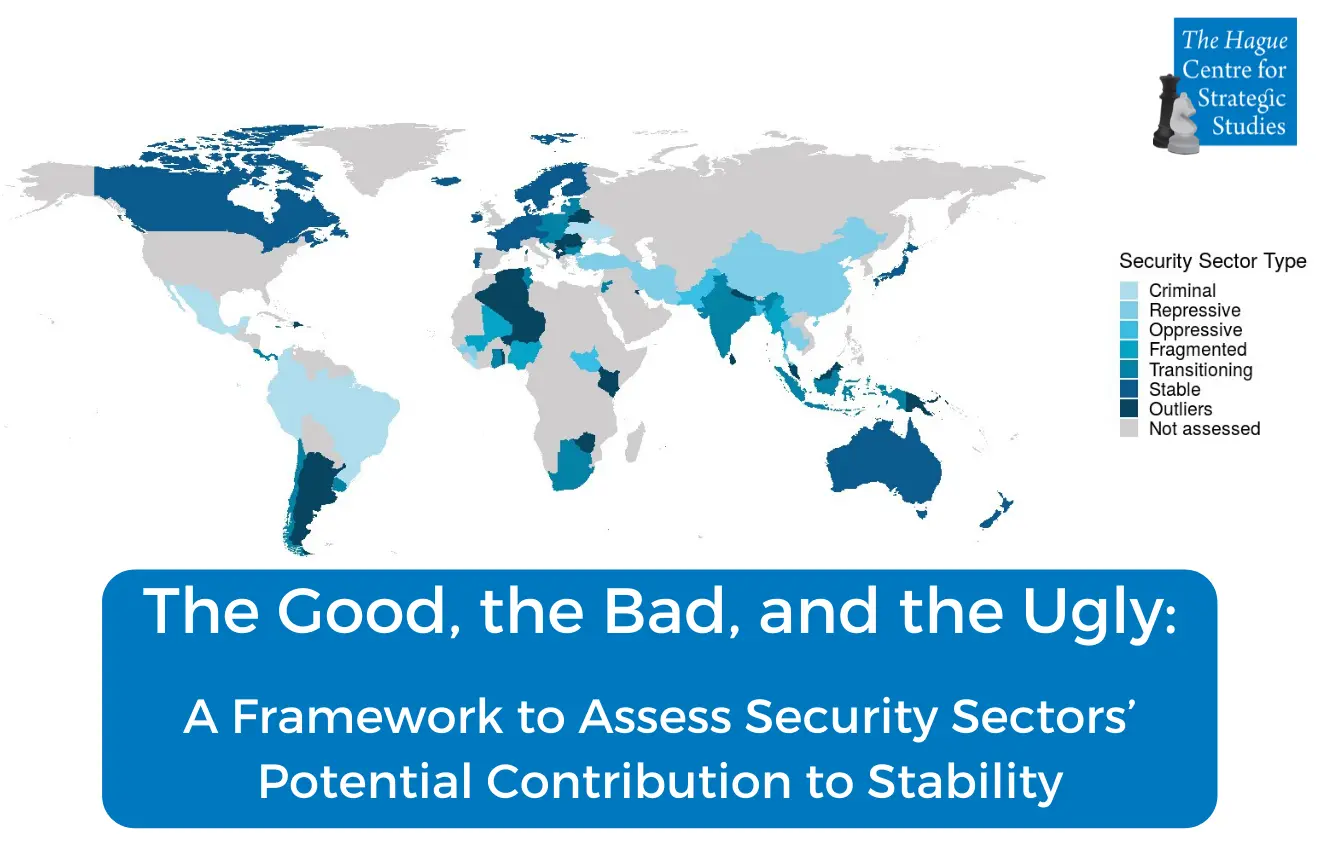New report out now! Download here.
State fragility presents an increasing global security threat. For years the international community has spent considerable effort to promote stability, by reforming and strengthening security sectors in fragile and conflict prone states.
These efforts have met with mixed results. Empirical evidence shows that security sector reform missions have frequently failed to bring stability. In fact, when the security sector forms part of (and sustains) dysfunctional security structures, SSR interventions risk further undermining rather than promoting stability. Evidence suggests that a security sector that is accountable and inclusive and abides by the rule of law can effectively provide stability to the state and its people.
To assess security sectors’ potential contribution to stability, our report which has been commissioned by the Team Conflict Prevention from the Dutch Ministry of Defence, offers a security sector assessment framework (SSAF). The SSAF yields a security sector typology of six security sectors based on an empirical mapping of security sectors in 82 countries: the criminal, the repressive, the oppressive, the fragmented, the transitioning and the stable.
The SSAF is intended to facilitate understanding of security sectors by providing a workable frame that helps policymakers better understand how and why security sectors contribute to or undermine stability, and tailor the design of policy accordingly.




